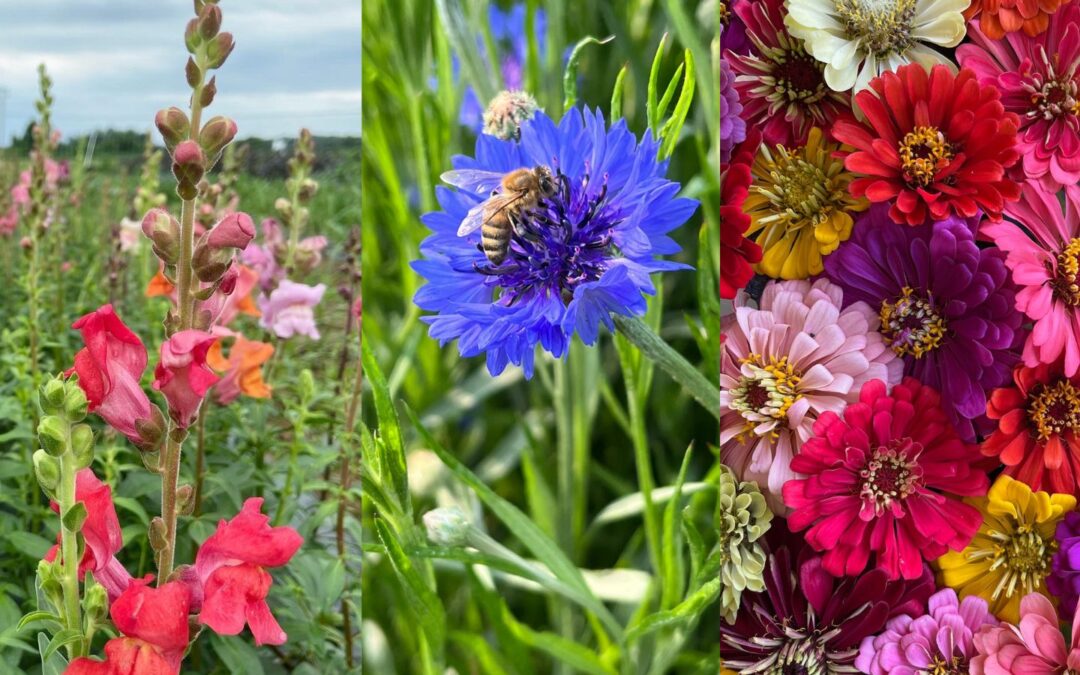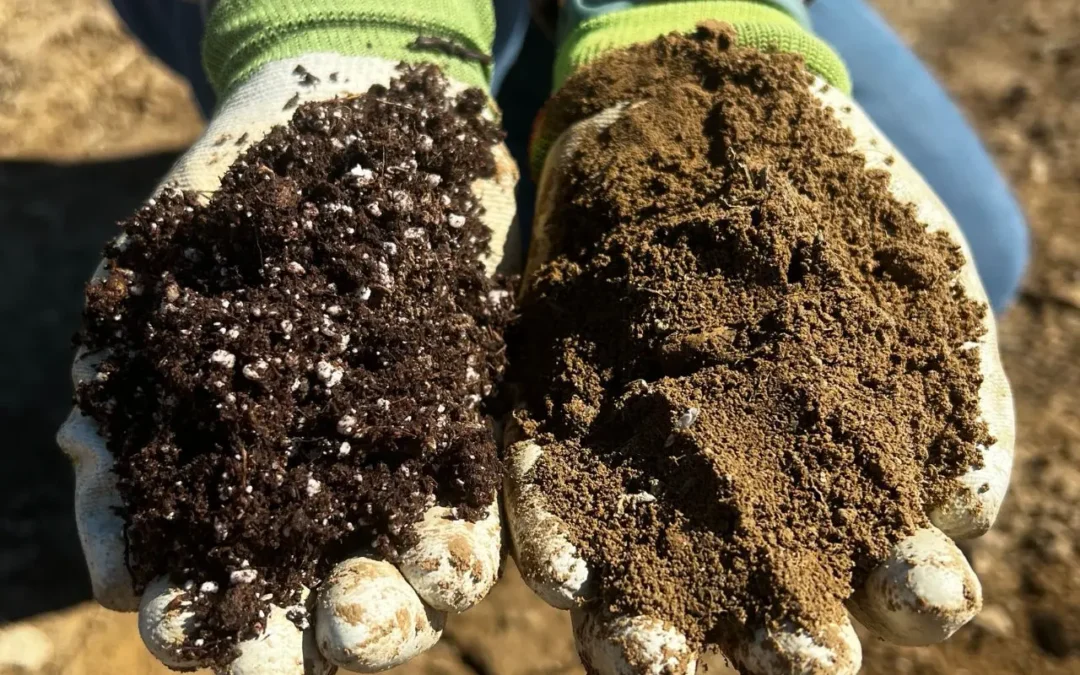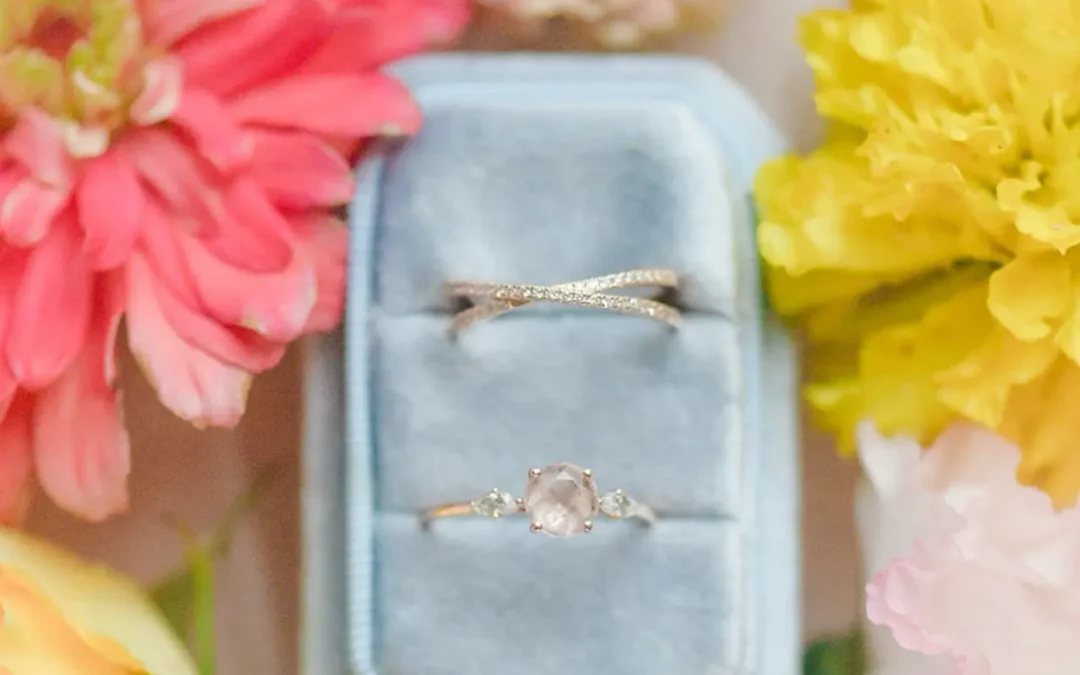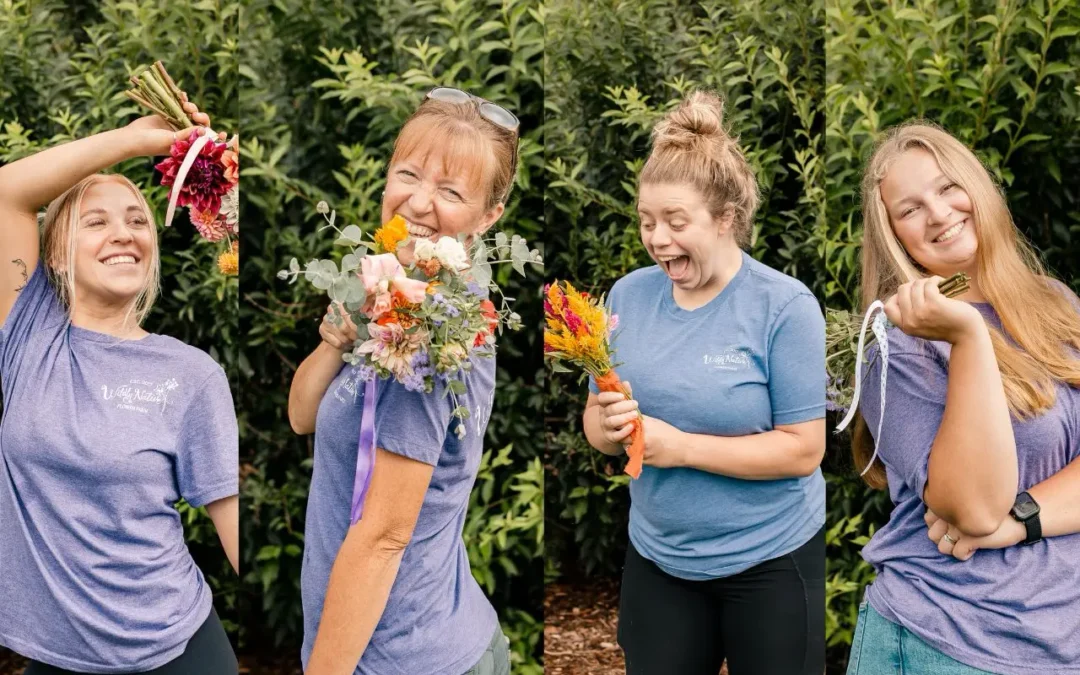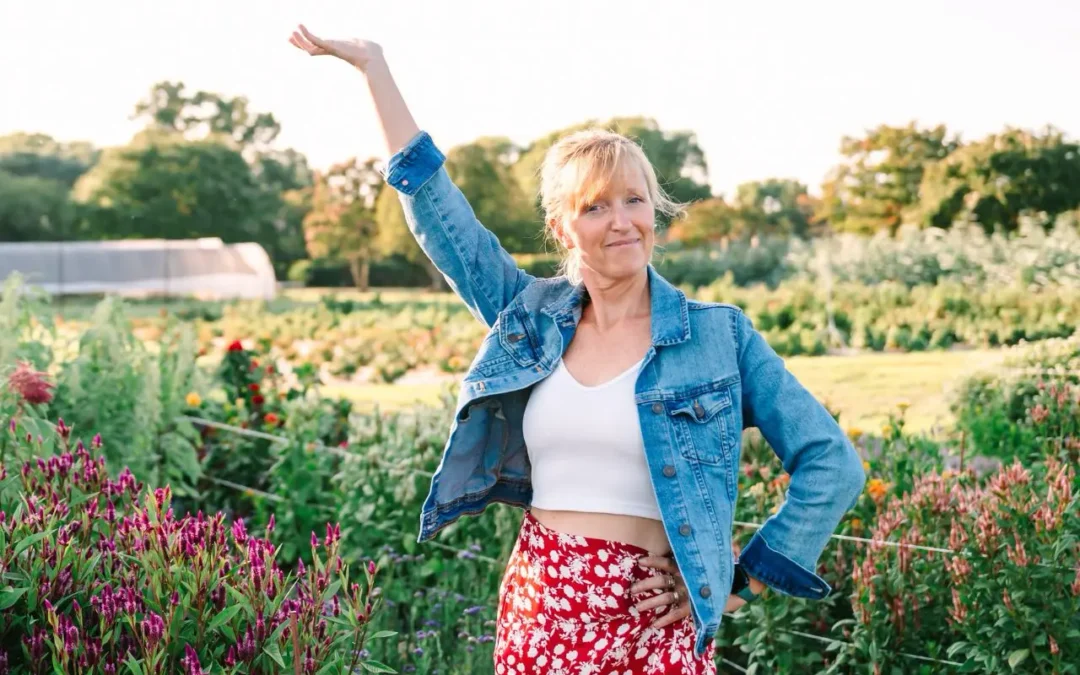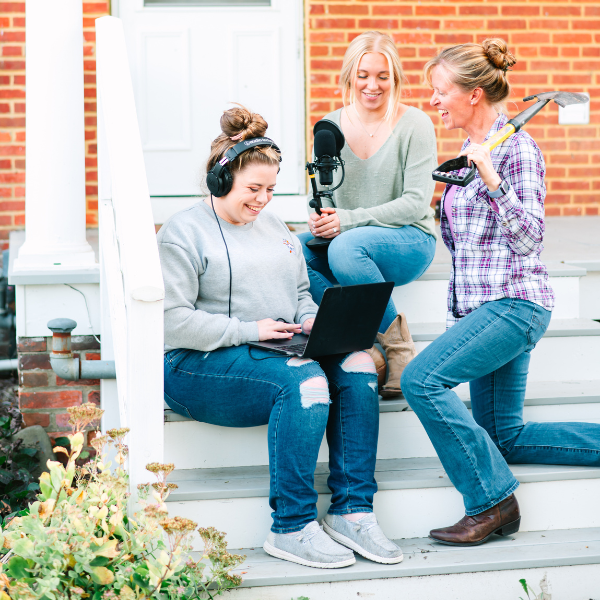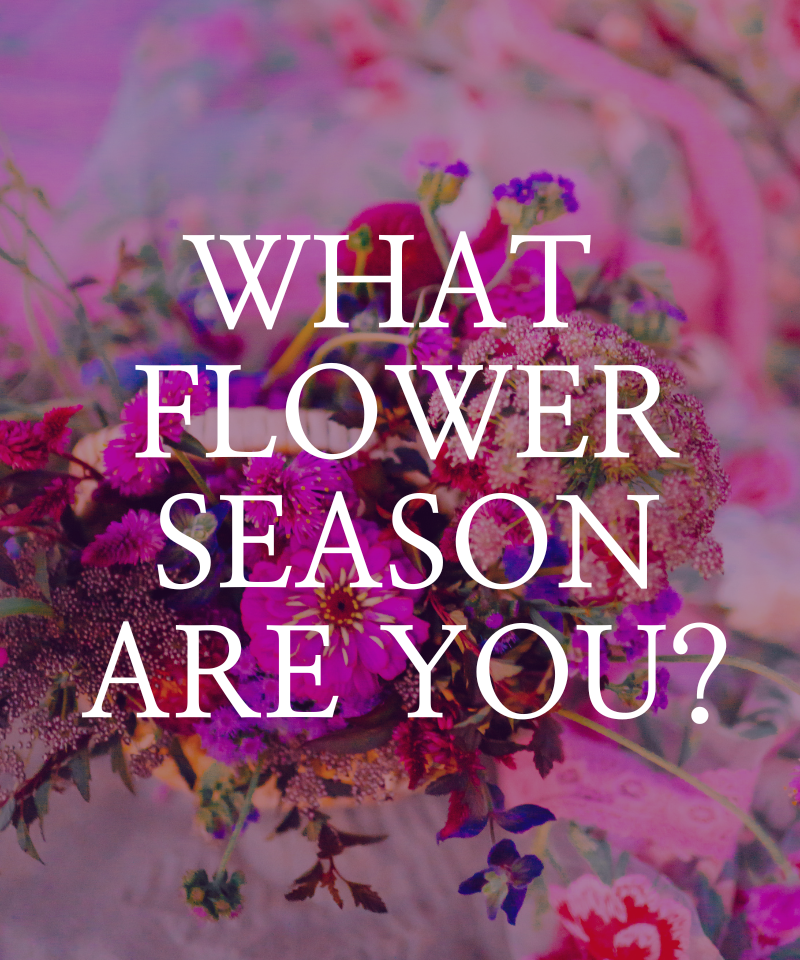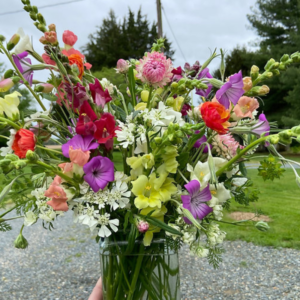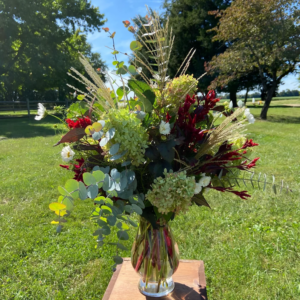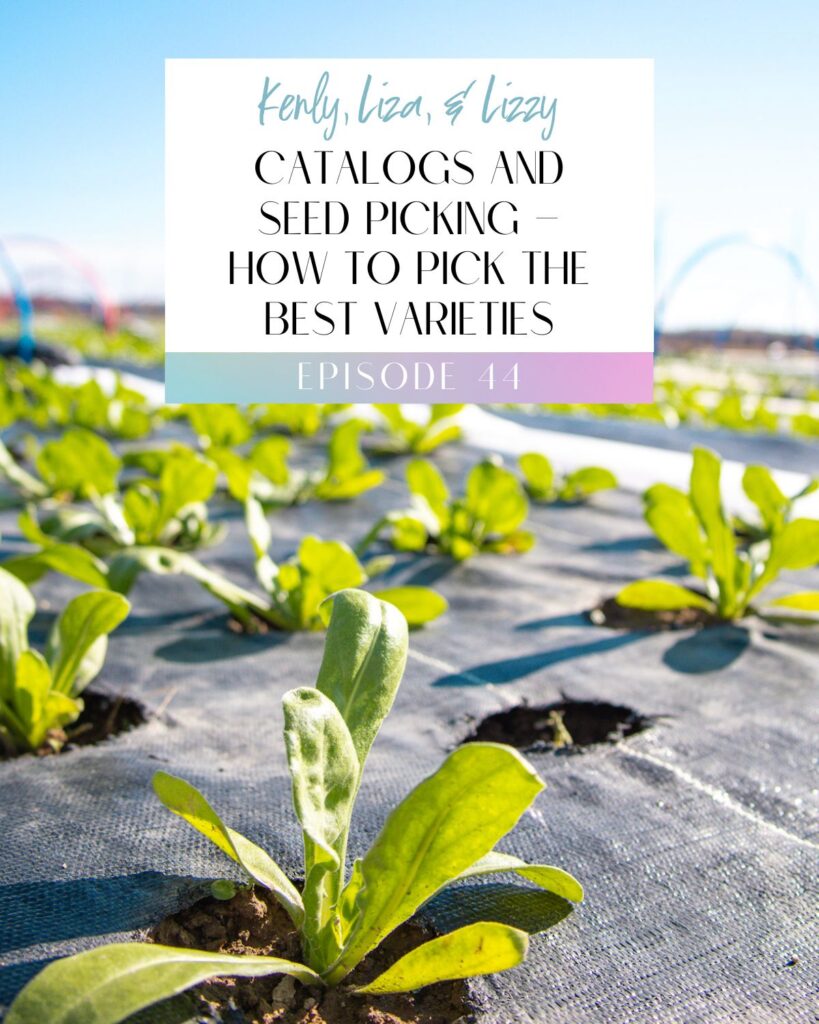
Welcome back to The Flower Files! In this episode, we focus on a critical step in flower farming—seed selection. Whether you’re an established flower farmer or dreaming of starting your own farm, choosing the right seeds can set the foundation for a thriving season.
From analyzing seed catalogs to troubleshooting challenges, we share insights and tips that every aspiring or seasoned flower farmer will find invaluable.
Why Seed Selection Matters for Flower Farmers
The seeds you choose determine your farm’s productivity, efficiency, and profitability. For flower farmers, selecting the right varieties is about more than just aesthetics. It’s about understanding your market, growing conditions, and what works best in your unique setup.
We dive into the tools and resources that have helped us over the years:
- Johnny’s Selected Seeds: A favorite among flower farmers for its detailed catalog, beautiful pictures, and robust descriptions. Perfect for beginners and pros alike.
- GeoSeed: A more advanced catalog with Latin terms and detailed seed specifications. While it requires more expertise, it offers unbeatable variety and value.
- Specialty Suppliers: For rare or high-demand varieties, we turn to specialized sources like Farmer Bailey or Renee’s Garden for plugs and seeds that are hard to find elsewhere.
Top Tips for Navigating Seed Catalogs
- Start with Your Market in Mind: Know what your customers or local florists need. From cutting zinnias to high-demand wedding staples like lisianthus, tailor your seed orders to your end market.
- Understand Growing Requirements: Pay attention to details like germination time, height, and disease resistance.
- Pro Tip: Opt for pelletized seeds when available—they’re easier to handle, especially for tiny seeds like snapdragons.
- Order in Bulk (When It Makes Sense): If you’re scaling your farm, consider suppliers like GeoSeed for cost-effective bulk orders. For smaller farms or specialty flowers, smaller packs from Johnny’s or Renee’s Garden may be a better fit.
- Look for Disease-Resistant Varieties: Protect your investment by choosing seeds bred to withstand common issues like rust or powdery mildew.
The Realities of Flower Farming
Seed selection is just one part of the equation. We’ve faced plenty of challenges—from unpredictable weather to space constraints in our greenhouse. Here’s a behind-the-scenes glimpse into our process:
- Irrigation Woes: Droughts taught us the importance of efficient watering systems. While drip irrigation didn’t work for us due to critters, we’re constantly refining our methods.
- Time Management: Seed germination schedules can be tricky. For flowers like lisianthus, which require 12 weeks to germinate, buying plugs can save you precious time and space.
- Crop Failures: Even with the best plans, things happen. Last year, snapdragons were hit with rust, forcing us to rethink our seed choices and farm practices.
Advice for Aspiring Flower Farmers
If you’re dreaming of starting your own flower farm, seed selection is a great place to begin. Here’s how to get started:
- Start Small: Begin with a few tried-and-true varieties like zinnias or sunflowers that are forgiving and prolific.
- Learn Through Experimentation: Not every seed will thrive in your environment. Keep notes on what works and what doesn’t.
- Invest in Knowledge: Follow experienced farmers, join flower farming communities, and learn from podcasts like The Flower Files.
What’s Next for 2025?
As we gear up for another growing season, we’re thrilled to share our free 2025 Garden Goals Worksheet, launching January 5th. This resource will help you plan your garden goals, reflect on past successes, and stay organized for the year ahead.
We believe that flower farming is as much about learning and adapting as it is about growing beautiful blooms. Whether you’re already farming or planning your first plot, we hope this episode inspires you to dig in and start planning.
Join the Conversation
Are you planning your flower farm or considering starting one? What seeds are you most excited to grow this year? Share your thoughts with us on Instagram or send us an email—we’d love to hear from you!

